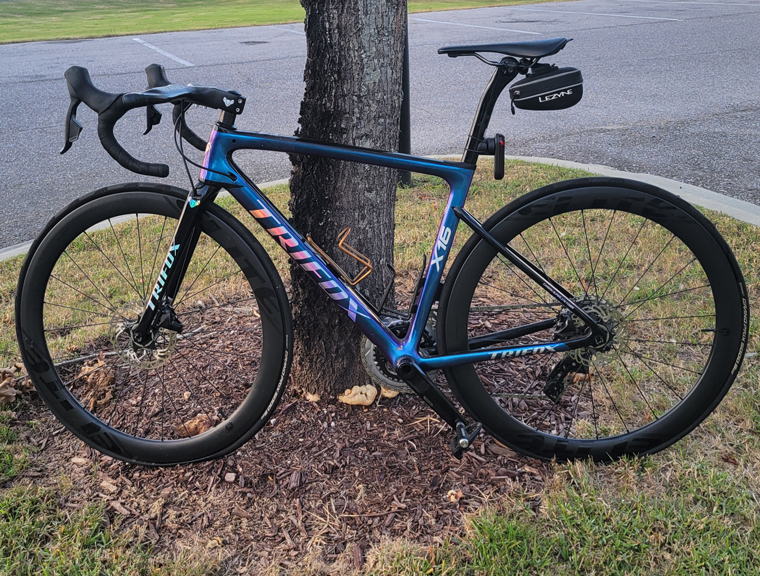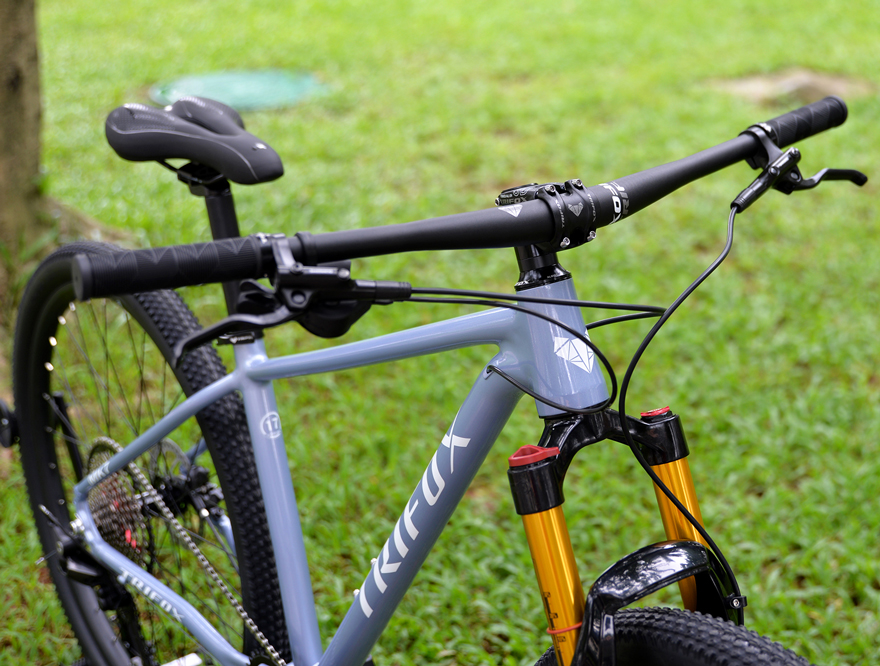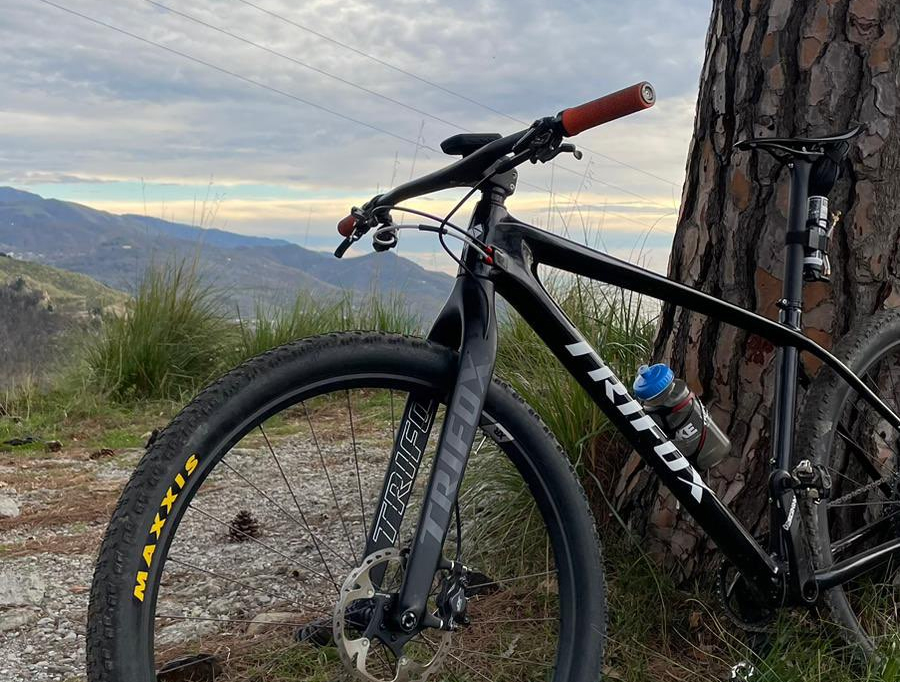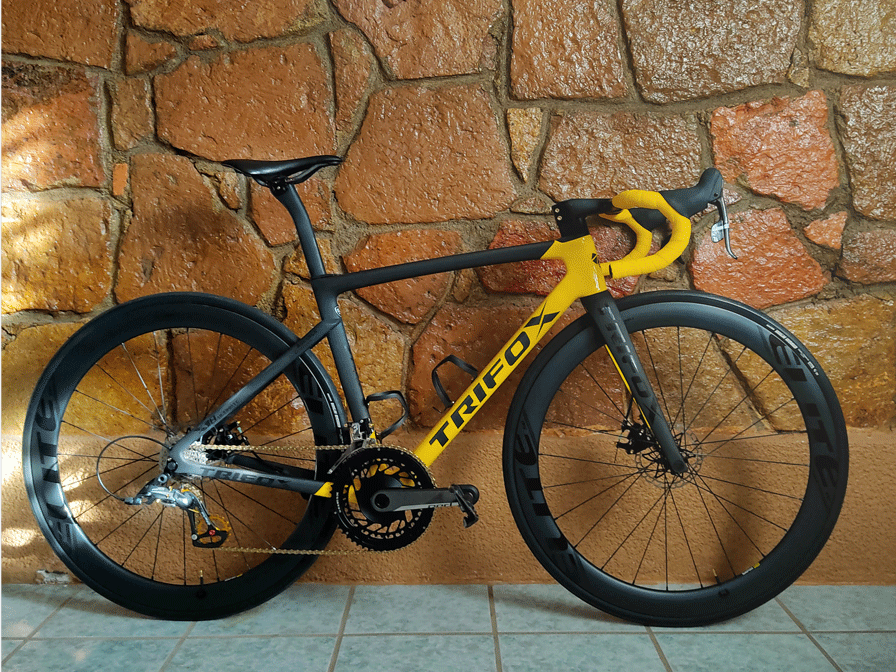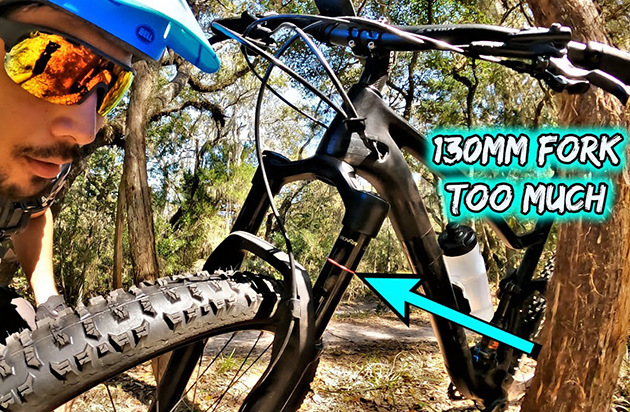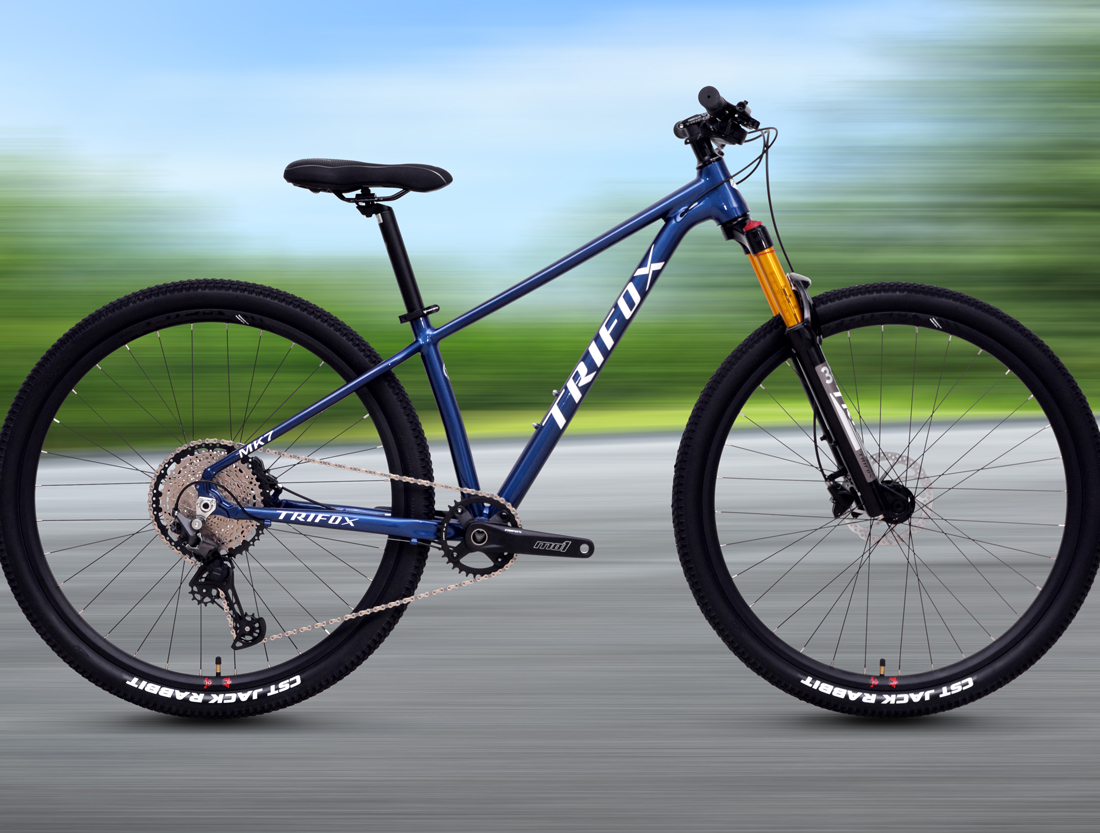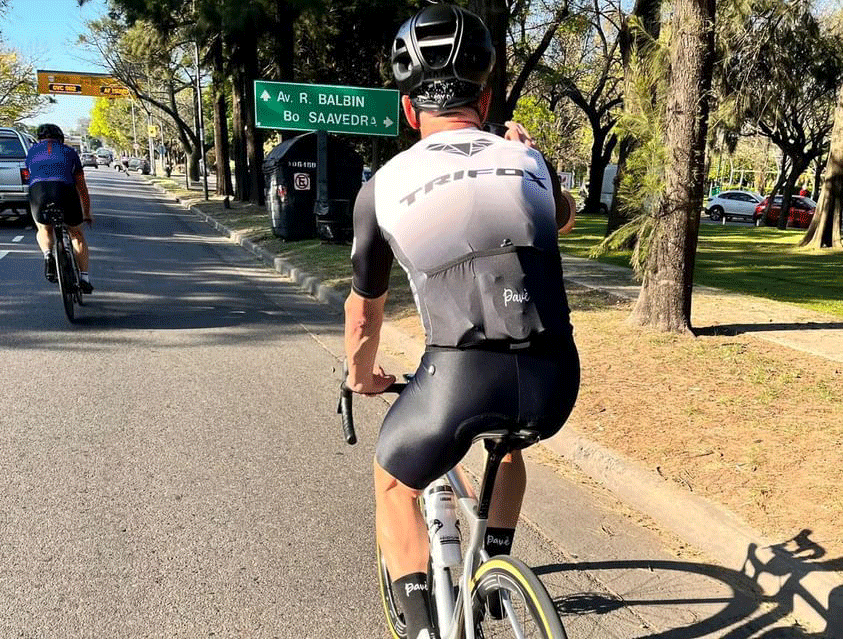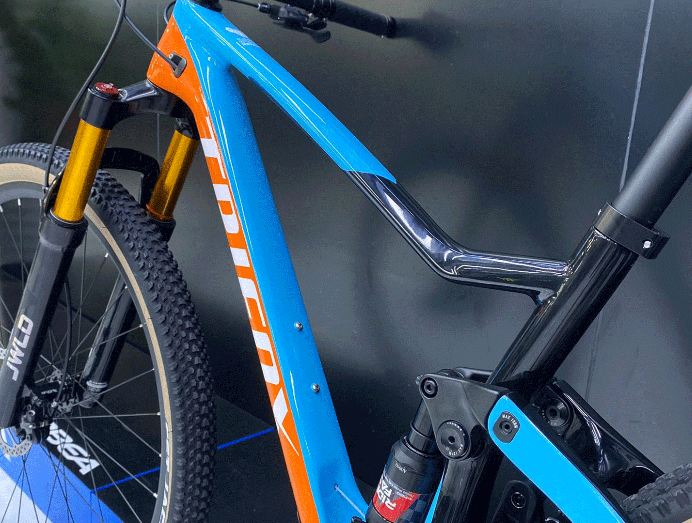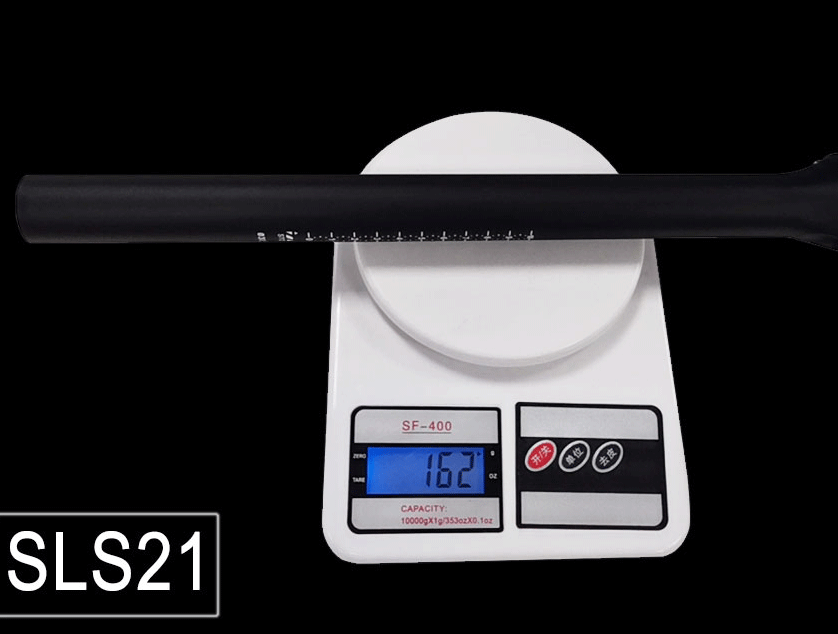Regarding recovery after high-intensity cycling and training, we pay the most attention to massage, diet, and nutrition, but few people pay attention to sleep and think that it is better to rest early. Sleep problems are usually not taken seriously until insomnia causes physical and psychological disorders. In fact, the time and quality of sleep are very important for recovery after high-intensity exercise.
First. The importance of sleep
Whether it is engaged in physical labor or office work, the human brain is always active and consumes a lot of energy, and sleep is very necessary to eliminate fatigue. And eliminating the fatigue of the brain often requires more sleep than the fatigue of the body. Cycling is a sport with high physical strength and high mental consumption, and sleep is more important.
Inadequate sleep, the body will repair the damage in the day's life and training. If there is no sleep, your body will not be able to produce enough adaptability, which means that your training will be futile. Insufficient sleep sometimes not only means that you will not improve, but it may also cause you to regress. Long-term lack of sleep will lead to a lack of vitality of the immune system, muscles and tendons will become more vulnerable, and your risk of being hollowed out increases dramatically.
Second, the impact of sleep on cycling
First of all, it is certain that reducing sleep for a short period of one or two days to improve training will improve the performance of the game. But this will cause some potential damage to the body. If there is a long-term lack of sleep, it will bring many problems.
Lack of sleep can cause the following reactions:
Maximum power drop;
FTP down;
Destroy the recovery after training;
The ability of long distances cycling decreases.
In addition, lack of sleep can also lead to decreased concentration and alertness, which directly increases safety risks.
Third. Sleep time
For sleep time, the results of different investigations may be different. Most of the suggestions will say that sleeping for 8 hours a day is good, of course, it can be around this range (there are also studies that indicate that sleep time should be around 9 hours). There are more detailed sleep times divided by age, the older the age, the shorter the sleep time required. The Road Bike Training Bible recommends that riders around the age of 20 should sleep for 9-10 hours during the training cycling.
Wake-up time is also elegant. Because human sleep is composed of repeated cycles, there will be several stages in each cycle, which are simply light sleep and deep sleep. Generally, a cycle is 90 minutes (this time varies from person to person), so it is reasonable to set the wake-up time around a node that is a multiple of 90 minutes after falling asleep.
Fourth. How to improve sleep quality?
In addition to time, sleep quality is also very important. Stress, diet, and lifestyle will affect the quality of sleep, and even cause insomnia. Only sleeping time and not paying attention to sleep quality can cause other problems besides not being able to take a good rest.
1. Darkness can stimulate the production of melatonin, so when you sleep, you must deal with light and sound, turn off lights, mobile phones, TVs, audio, etc. The quality of the bed, temperature, and humidity, smell, etc. can also affect sleep.
2. It is not advisable to eat and drink a lot of water before going to bed, and a small amount is needed for dinner. It is not advisable to eat and drink refreshing foods (coffee, tea, wine, etc.) containing caffeine afternoon. Of course, milk is fine.
3. It is not advisable to do vigorous exercise before going to bed, which will make people in a state of excitement. Try not to ride a bicycle within four hours before going to bed.
4. Some studies have shown that a drop in body temperature can also cause sleepiness and speed up sleep. So taking a hot bath and hot foot bath before going to bed can help you fall asleep quickly and improve sleep quality.
Fifth, other matters need attention
1. If you don't sleep well at night, you can try a lunch break, from 13:00 to 17:00, no more than 30 minutes, because more than 30 minutes will enter the stage of a deep sleep, and you will feel sleepy and not awake.
2. According to the order from head to toe, tighten, and relax each part of the body in turn, paying attention to keeping the rhythm of breathing consistent. Continuous 15 to 20 minutes will help you fall asleep faster and maintain a deeper sleep.
3. If the biological clock is broken after long-distance cycling, reset the food clock to adjust the biological clock. The method is to fast for 16 hours first and choose the first normal time to eat after achieving the goal, and the biological clock can be adjusted as quickly as possible.
4. Snoring: Snoring can be reduced by lying on your side, using soft pillows, moisturizing strips, avoiding tobacco and alcohol before going to bed, etc.; serious use of equipment or surgery to functionally reset the hyperplastic tissue of the nose, pharynx, and throat treatment.





























































